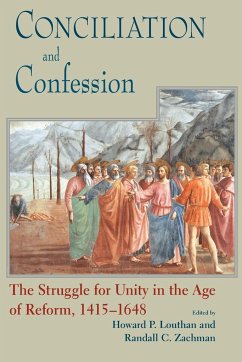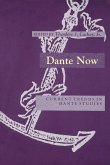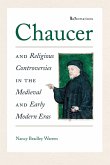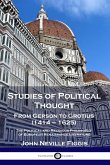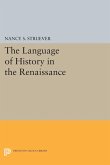Religious conciliators have always faced resistance and critique as they mediate between groups devoted to ideological agendas that leave little room for maneuver and negotiation. From the conciliar to the confessional age the normal challenges that peacemakers perennially faced were magnified. The church was divided, and there did not appear to be any obvious solution to the crisis that began in the late fourteenth century with the Great Western Schism (1378-1415). This volume investigates the activities of those who worked for the restoration of ecclesial unity, first in the conciliar era, then in the early years of the Protestant reformations, and finally during the "confessional age" when theological and cultural distinctives of competing religious groups began to emerge more clearly. Throughout, special attention is paid to the religiously diverse communities of central and eastern Europe, an area that has often been overlooked by scholars who have focused more exclusively on Protestant/Catholic relations in the western half of the continent. Contributors to this volume argue that the significance of conciliation efforts has been neglected by scholars, in part because it has been absorbed into discussions of toleration, and in part because of the tendency to project contemporary confessional perspectives on the past. More moderate voices of those working to bridge confessional divides were frequently drowned out by the strident cries of their orthodox critics. Confessional accommodation, widely viewed as a mere pragmatic solution to religious conflict, was often a conscious intellectual commitment to theological rapprochement. The essays in this collection examine conciliarists during the early years of the Great Schism, reunion efforts during the critical years of the Reformation, irenic activities in Bohemia, the Polish-Lithuanian Commonwealth, and Hungary in the sixteenth and seventeenth centuries. This book brings new insights to the religious history of late medieval and early modern Europe.
Hinweis: Dieser Artikel kann nur an eine deutsche Lieferadresse ausgeliefert werden.
Hinweis: Dieser Artikel kann nur an eine deutsche Lieferadresse ausgeliefert werden.

